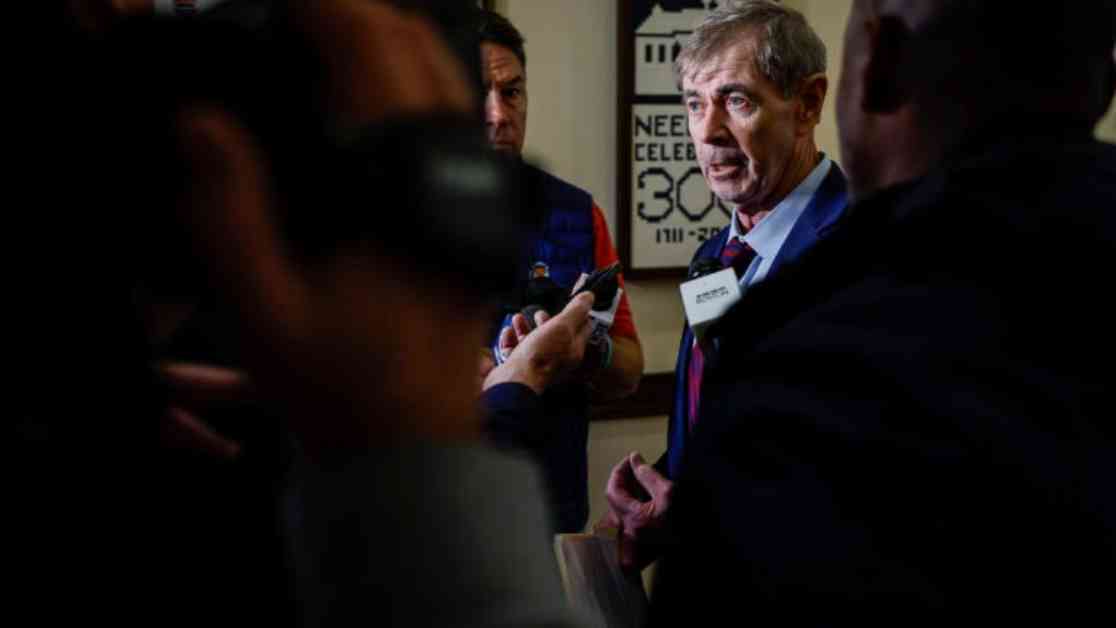An investigation into the Boston mayoral election oversight by the state government uncovered troubling issues that led to unacceptable delays for voters. Secretary of State William Galvin took swift action to address the systemic failures and ensure that such problems do not recur in future elections.
State Investigation Reveals Election Day Chaos
The chaos unfolded during last November’s election when several precincts in Hyde Park, Roslindale, and West Roxbury faced a shortage of ballots, resulting in long lines and frustrated voters. The situation escalated to the point where police cruisers had to be dispatched across the city to deliver additional ballots, a move that left many voters disenfranchised due to lengthy delays or forced them to abandon the voting process altogether.
An independent investigator appointed by Secretary of State Galvin, Rebecca Murray, delved into the matter and found that the Boston Election Commission had failed to provide sufficient ballots to polling places, a violation of state law. Murray’s report highlighted the unnecessary delays and disfranchisement experienced by voters, emphasizing the urgent need for reform within the city’s electoral system.
In response to these findings, Secretary Galvin ordered a comprehensive overhaul of the Boston Election Commission’s practices, appointing a designee to oversee the process until the end of 2026. The state government’s intervention aims to restore public confidence in the electoral process and prevent similar lapses in the upcoming municipal election and state elections next year.
Collaborative Efforts to Implement Reforms
City officials, led by Mayor Michelle Wu, have expressed support for Secretary Galvin’s order and are working closely with his office to implement corrective actions and accountability measures. The city has already begun taking steps to address operational missteps and prevent ballot shortages in future elections, including contracting with The Elections Group to review and modernize the electoral system.
One of the key issues identified in the investigation was a calculation error that led to the insufficient delivery of ballots from Galvin’s office to Boston officials. This oversight, coupled with communication breakdowns and inadequate training for election workers, exacerbated the challenges faced on Election Day.
Galvin has mandated that the city’s election department develop comprehensive plans to address these issues, emphasizing the importance of additional training programs, enhanced communication channels, and increased staffing levels. A designated reviewer will monitor the implementation of these plans and report back to Galvin to ensure that the necessary reforms are effectively adopted.
Looking Towards a More Transparent Future
While there were discussions within the Boston City Council about placing the election department under receivership following the election debacle, the majority of councilors did not support this drastic measure. However, Councilor Ed Flynn, a proponent of receivership, has endorsed Secretary Galvin’s decision as a crucial step towards rebuilding trust in the electoral process.
As Boston prepares for future elections, the collaborative efforts between state and city officials underscore the commitment to transparency, accountability, and voter enfranchisement. By addressing the systemic shortcomings revealed in the investigation, the city aims to restore public confidence and ensure that every voter’s voice is heard in the democratic process.






